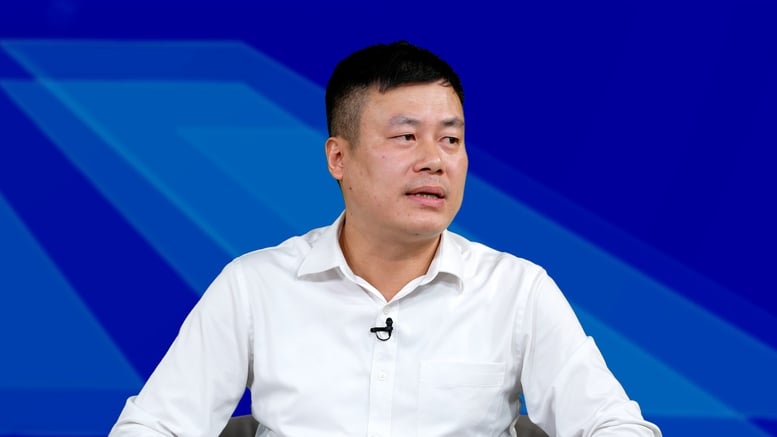
Mr. Chu Viet Cuong, Director of the Center for Industrial Development Support (Department of Industry, Ministry of Industry and Trade ): The Ministry of Industry and Trade is drafting a Decree on the application of science and technology and the development of manufacturing industry in the field of electricity.
In the context of the global energy transition and the increasing demand for electricity, Vietnam is facing a great opportunity to develop the energy industry. Along with the acceleration of renewable energy, LNG electricity, pumped storage hydropower and the requirement to develop smart grid systems, the demand for equipment, components, materials and technological solutions for power projects is also increasing rapidly. This is an opportunity for domestic supporting industries to participate more deeply in the supply chain, increase localization and gradually master technology.
At the seminar "Opening a new direction for supporting industry in the energy sector" organized by Industry and Trade Magazine on the afternoon of November 3, Mr. Chu Viet Cuong, Director of the Center for Industrial Development Support (Department of Industry, Ministry of Industry and Trade) said that in recent years, the State has issued many important policies to promote the development of supporting industry: Resolution 23-NQ/TW dated March 22, 2018 on the orientation of building a national industrial development policy to 2030, with a vision to 2045 of the Politburo ; Decision 68/QD-TTg in 2017 and Decision 493/QD-TTg in 2022 of the Prime Minister on the strategy for developing the mechanical industry, along with Decree 205/2025/ND-CP amending Decree 111/2015/ND-CP, which has added many new incentives for products supporting the energy sector. In addition, Resolution 55-NQ/TW of 2020 of the Politburo on the national energy development strategy emphasizes the requirement to form a domestic energy equipment supply chain, towards self-sufficiency in the field of renewable energy, storage and transmission equipment.
These policies not only create a clear legal corridor for businesses but also pave the way to attract investment in technological innovation, human resource development and infrastructure serving the energy industry.
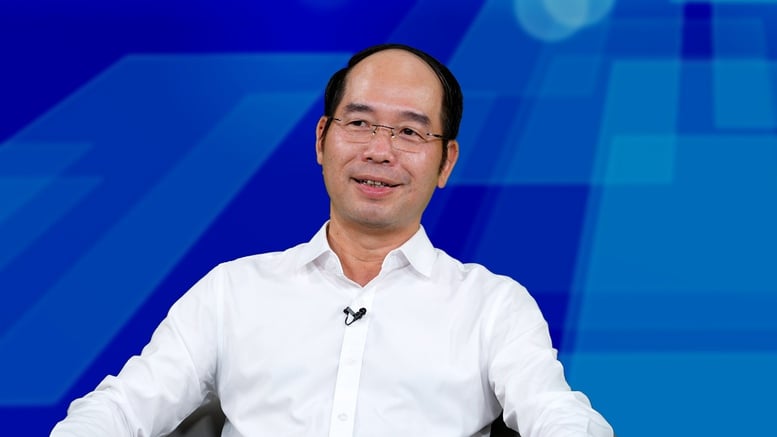
Dr. Vu Van Khoa, Deputy Director of the Institute of Mechanical Research (Ministry of Industry and Trade): The whole country currently has more than 2,000 enterprises operating in the field of supporting industry serving the energy industry, but only about 300 units participate in part of the global supply chain.
There is still a gap
Dr. Vu Van Khoa, Deputy Director of the Institute of Mechanical Engineering Research (Ministry of Industry and Trade), acknowledged that the country currently has more than 2,000 enterprises operating in the field of supporting industry serving the energy sector, but only about 300 units are partially participating in the global supply chain. Enterprises mainly perform low value-added stages such as structural processing, installation, maintenance; design capacity, R&D or core technology are still limited.
The localization rate between types of electricity is also different. Regarding hydropower and pumped storage hydropower, the country has mastered most of the design and manufacturing of hydraulic engineering, but key equipment such as turbines, excitations or pumping systems still have to be imported. For coal-fired thermal power, many BOP items such as electrostatic precipitators, coal feeders, and slag discharges have been localized, but turbines, boilers, and control systems still depend on foreign suppliers. For solar power, except for inverters, most of the equipment such as batteries, support frames, cables, and anchors have been produced domestically. For gas-fired and wind power, the localization capacity is still low, and enterprises have only participated in the items of structural processing or manufacturing turbine towers.
Mr. Khoa emphasized that the market for projects that match the strengths of domestic enterprises is shrinking, while the requirements of EPC general contractors and investors are increasingly high. This is both a challenge and a driving force for enterprises to innovate.
Mr. Tran Kien Dung, an expert from the International Labor Organization (ILO), commented that Vietnamese enterprises have made significant progress in product quality and management, but the gap with developed countries is still large. Enterprises are still weak in technology, R&D capacity and human resource quality. The three pillars that enterprises need to focus on to make a breakthrough include management capacity, technology capacity and high-quality human resources.
Towards self-reliance and deep participation in the value chain
According to Dr. Vu Van Khoa, in order to develop the energy industry's support industry, the State needs to soon issue standards and regulations on equipment and mechanical components for power projects, as a basis for acceptance and use of domestic products. He also emphasized the need to stipulate mandatory localization rates in each phase to create a large enough market capacity for businesses to boldly invest in technology, human resources and production lines. In addition, Dr. Khoa said that it is necessary to provide financial support through innovation funds, tax and land incentives, and at the same time, shorten the approval and certification procedures for products so that businesses can soon commercialize qualified equipment.
Regarding mechanical and manufacturing enterprises, Mr. Le Van An, Vice President of the Vietnam Association of Mechanical Enterprises, Chairman of the Board of Directors of the Construction Electromechanical Corporation, emphasized the role of planning and forming auxiliary mechanical industrial clusters in areas with great potential for energy development such as Binh Thuan, Ninh Thuan or Ba Ria - Vung Tau. According to him, concentrating enterprises in clusters will create synergy, reduce logistics costs and help standardize production according to the requirements of domestic and foreign investors.
In addition, both Dr. Khoa and Mr. Le Van An said that it is necessary to strengthen the connection between domestic enterprises and FDI enterprises, to promote technology transfer, improve production capacity and help domestic enterprises gradually meet international standards to participate more deeply in the energy supply chain.
Regarding the management agency, Mr. Chu Viet Cuong said: "The Ministry of Industry and Trade is drafting a Decree on the application of science and technology and the development of manufacturing industry in the electricity sector, with four highlights including: Tax, land, and credit incentives; R&D support; prioritizing the use of domestically produced equipment; and building a database of supporting industry enterprises in the energy sector."
Mr. Cuong believes that these solutions, together with the innovation efforts of businesses and the support of institutes and schools, will help Vietnam's supporting industry increase its autonomy, participate more deeply in the value chain, and contribute to achieving the goal of developing a green, modern and sustainable energy industry.
Anh Tho
Source: https://baochinhphu.vn/dot-pha-chinh-sach-de-mo-huong-di-moi-cho-cong-nghiep-ho-tro-nganh-nang-luong-102251104110035179.htm


![[Photo] The road connecting Dong Nai with Ho Chi Minh City is still unfinished after 5 years of construction.](https://vphoto.vietnam.vn/thumb/1200x675/vietnam/resource/IMAGE/2025/11/04/1762241675985_ndo_br_dji-20251104104418-0635-d-resize-1295-jpg.webp)
![[Photo] Ho Chi Minh City Youth Take Action for a Cleaner Environment](https://vphoto.vietnam.vn/thumb/1200x675/vietnam/resource/IMAGE/2025/11/04/1762233574890_550816358-1108586934787014-6430522970717297480-n-1-jpg.webp)
![[Photo] Ca Mau "struggling" to cope with the highest tide of the year, forecast to exceed alert level 3](https://vphoto.vietnam.vn/thumb/1200x675/vietnam/resource/IMAGE/2025/11/04/1762235371445_ndo_br_trieu-cuong-2-6486-jpg.webp)

![[Photo] Panorama of the Patriotic Emulation Congress of Nhan Dan Newspaper for the period 2025-2030](https://vphoto.vietnam.vn/thumb/1200x675/vietnam/resource/IMAGE/2025/11/04/1762252775462_ndo_br_dhthiduayeuncbaond-6125-jpg.webp)






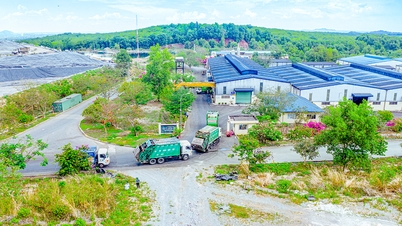

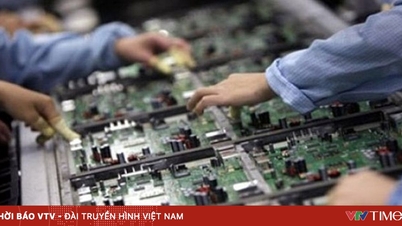

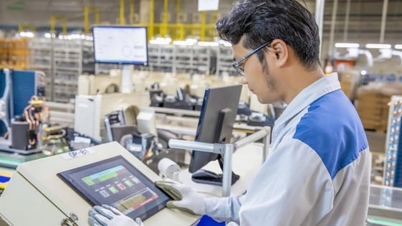


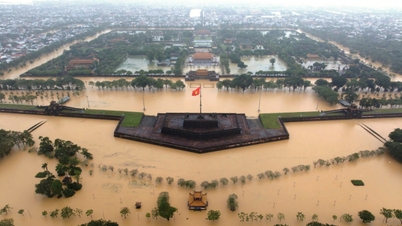

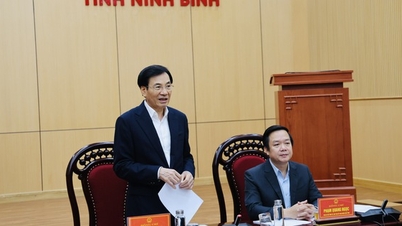
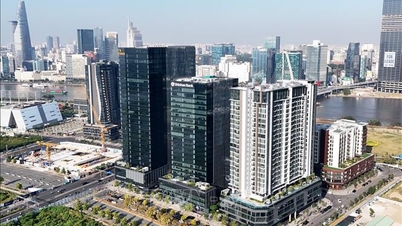
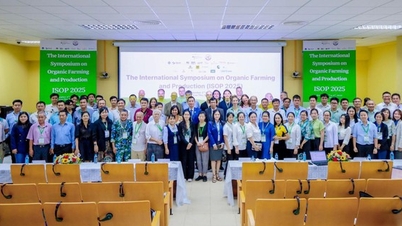
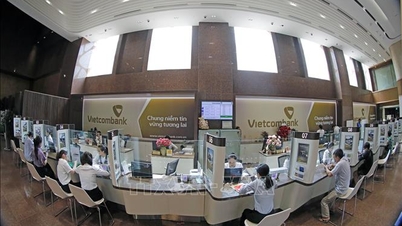




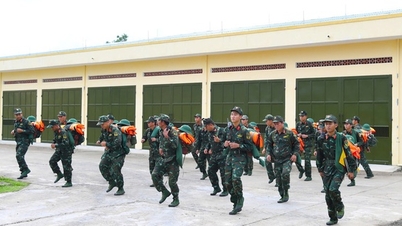


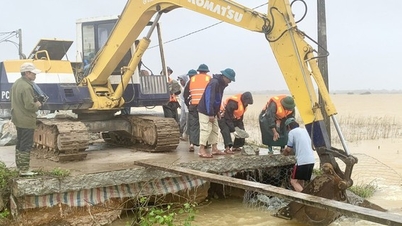
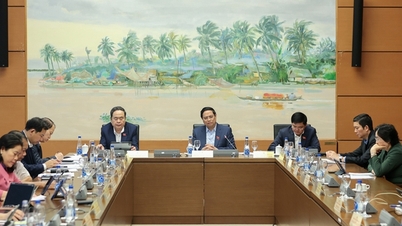
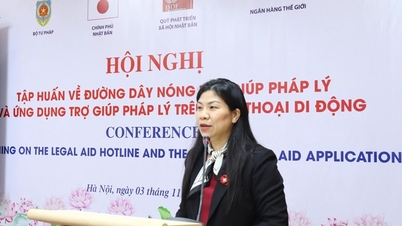





















































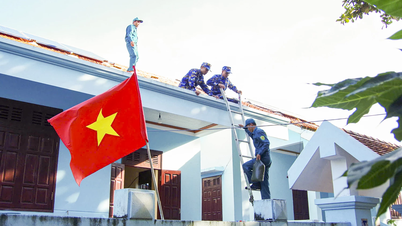



















Comment (0)